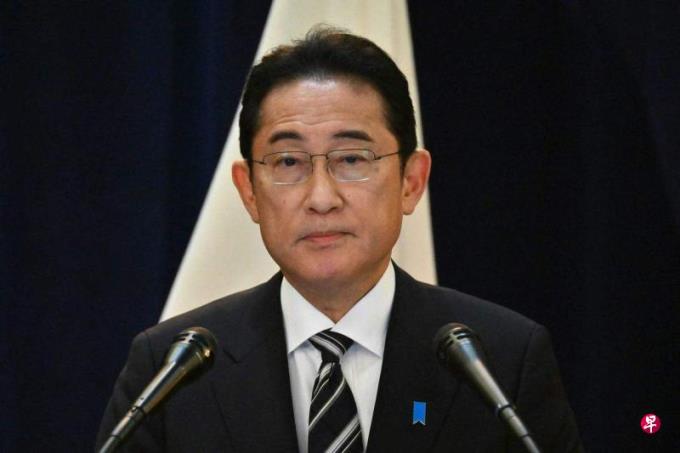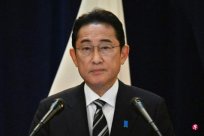
Japan held two scholars on Sunday to make up for the election.According to analysis, Kishida wants to dismiss the House of Representatives for elections during the year.
On Sunday (October 22), the re -election was the first member of the Parliament's election since the Japanese Prime Minister Kishida Kishida reorganized the cabinet in September.As a result of the election, the President of the House of Representatives was "dangerous" by the Liberal Democratic Party's newcomer Golden Rongli; however, in the Senate Deutama and the Gaoshi constituency, the non -party -free partner Hirota, who jointly supported by the Wild Party, defeated the Liberal Democratic Party's newcomer to Nishiko.
These two re -elections in Japan's autumn are the mid -term assessment of the Kishida government, which has been on stage for two years.Japanese media generally believe that the Liberal Democratic Party has failed to take two seats this time, and one of the factors is that the support rate of Kishida has fallen.
According to a survey of Kyodo News on October 14th and 15th, Kishida's support rate further dropped to 32.3%, a decrease of 7.5 percentage points from September last year.The hope of the election is slim.
On the night of the invoicing of Sunday, a member of the Liberal Democratic Party's Executive Committee lamented: "The election cannot be a win -win situation, and the opposite shore is large. It is expected that the debate of Congress will be besieged. In this case, he cannot dissolve the House of Representatives."
Kishida tried multiple methods to save voters' reactions and did not expect warmth
Before this supplementary election, Kishida tried multiple methods to save the support rate.He instructed the Tokyo District Court to order the dismissal of the unified church of cults, and voters cared about the social issues where the church forced the church donated.In addition, he also carried out the cabinet reorganization in September and appointed a number of female members as deputy minister or government secretary.Facts show that none of these two strategies can bring effects to the re -election.
The Democratic Party's Director Maomin admits that "this is indeed a difficult election campaign."He also pointed out that Japanese citizens are deeply impressed by the rise in prices, and the government must take this issue seriously.
On October 20, on the eve of the voting, Kishida informed that he had instructed the relevant ministers to discuss the policies including income tax reduction.The re -election results show that voters' reactions are not expected to be enthusiastic.
It is understood that Kishida intends to launch a limited tax reduction subsidy plan to respond to inflation during the month. Japanese thesex believes that it is the last card that he continues to govern.
Kishida promised at Congress on Monday that the government is determined to allow the economy to get rid of stagnation permanently and will assist ordinary families to increase living expenses through subsidies and expenditure.Due to the slow growth rate of wages and the impact of the rapid rise in prices, the government will alleviate the impact of living expenses by returning some taxes from the family.




